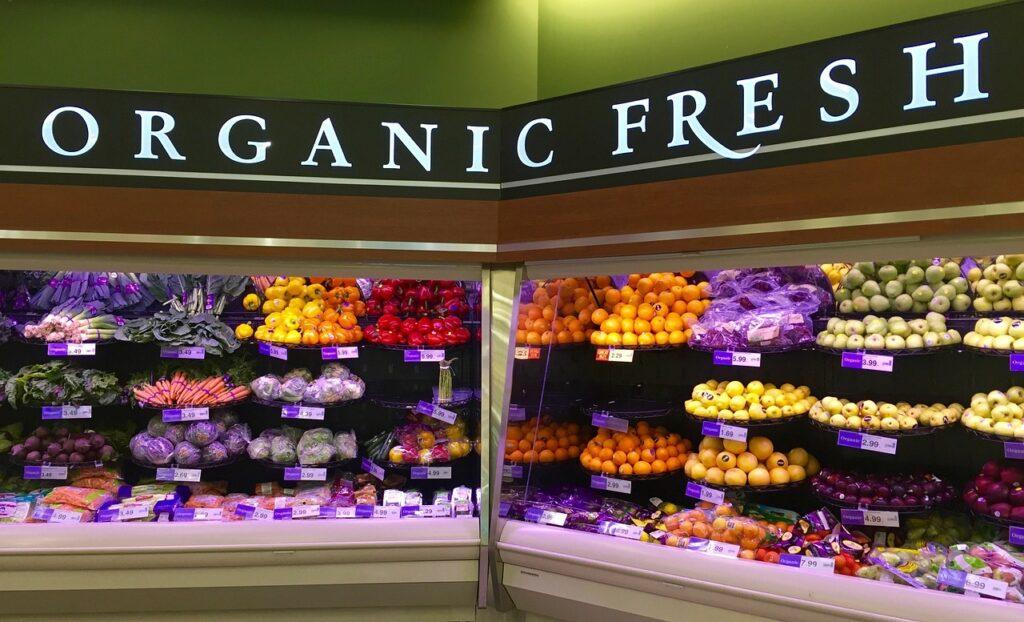Organic 2.0
The US Department of Agriculture National Organic Program (NOP) issued the Strengthening Organic Enforcement (SOE) Act in January after publishing the proposed rule two years earlier. The new rules governing the $57.5 billion organic food industry will close gaps in current organic regulations and build consistent certification practices to prevent fraud and improve the transparency and traceability of organic products.

The rules go into effect March 20. Implementation must be completed within one year.
The rules were necessary because consumers started questioning the truthfulness in organic claims due to a growing number of people making headlines by selling non-organic products as USDA certified. For example, at about the same time the SOE was published, a Minnesota farmer was indicted on charges stemming from a $46 million fraud scheme. The charges allege the farmer cultivated conventional crops using chemical fertilizers and pesticides and falsely provided purchasers with copies of NOP certification.
The SOE aims to prevent such fraud in the future. It also closes loopholes that allowed ingredients that don’t meet NOP standards to infiltrate the supply chain. Key updates include requiring certification of more of the businesses, including brokers and traders, at critical links in organic supply chain.
The SOE also requires organic certificates for all organic imports and creates authority for more robust recordkeeping, traceability practices and fraud prevention procedures.
Related news
Nestle USA adds prebiotic beverages
🎧 Hallgasd a cikket: Lejátszás Szünet Folytatás Leállítás Nyelv: Auto…
Read more >Retail sales of organic products in Hungary increased by 13.9% – our country is the second fastest growing market in the European Union
🎧 Hallgasd a cikket: Lejátszás Szünet Folytatás Leállítás Nyelv: Auto…
Read more >Related news
Nestlé to sell remaining ice-cream assets but commits to Froneri venture
🎧 Hallgasd a cikket: Lejátszás Szünet Folytatás Leállítás Nyelv: Auto…
Read more >Lidl guarantees fairer prices for cocoa farmers
🎧 Hallgasd a cikket: Lejátszás Szünet Folytatás Leállítás Nyelv: Auto…
Read more >40 secure jobs, sustainable solutions – new BURGER KING® in Csepel
🎧 Hallgasd a cikket: Lejátszás Szünet Folytatás Leállítás Nyelv: Auto…
Read more >







